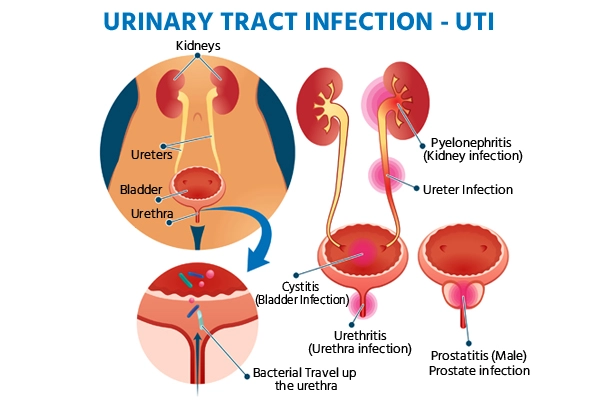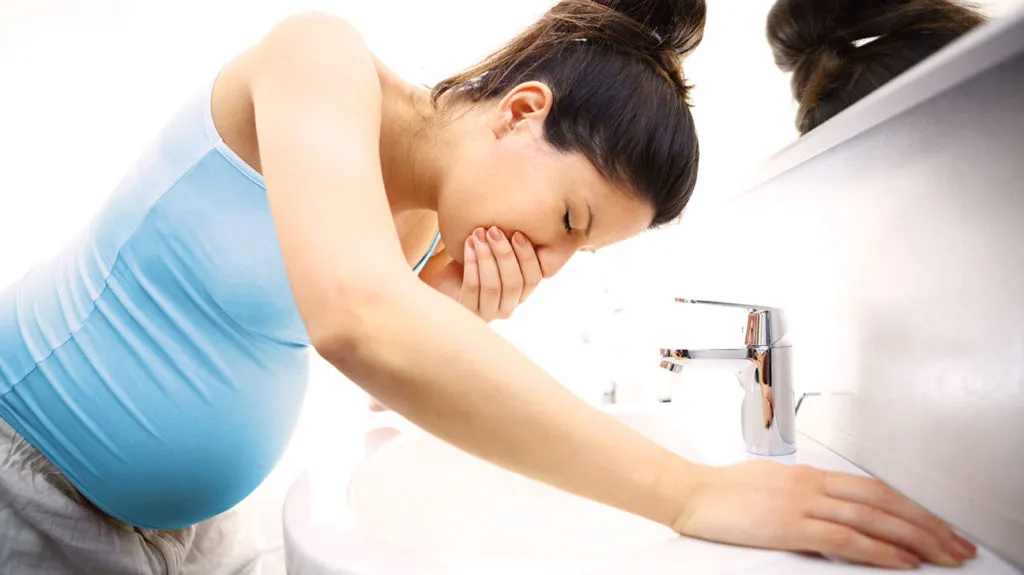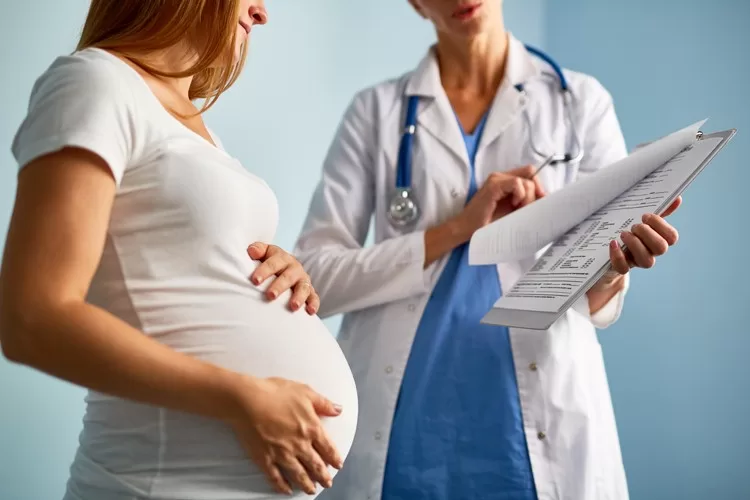Urinary Tract Infection During Pregnancy Leads To Complications; How Can You Treat It

If you’re pregnant and have a UTI, quick treatment is key to avoiding potential complications. Your doctor will likely recommend antibiotics. Be sure to take the full course as prescribed.
UTI happens when bacteria from somewhere outside of a woman’s body gets inside her urethra (basically the urinary tract) and develops an infection.
Women are more likely to get UTIs than men. The female anatomy makes it simple for bacteria from the vagina or rectal areas to infect the urinary tract because they are all close together.

UTIs and pregnancy
Pregnancy increases the risk of UTIs. This is because the developing fetus may exert pressure on the urinary tract and bladder. This traps bacteria or causes urine to leak.
Consideration should also be given to bodily changes. Nearly all pregnant women experience ureteral dilatation, which is the expansion of the urethra until delivery, as early as six weeks into gestation.
The larger urinary tract, combined with a lower bladder tone and increased bladder volume, all contribute to the urine in the urethra becoming more stationary. This allows bacteria to grow.
To make matters worse, a pregnant woman’s urine gets more concentrated. It also has certain types of hormones and sugar. These can encourage bacterial growth and lower your body’s ability to fight off “bad” bacteria trying to get in. (Read More: How Yoga Can Improve Your Sex Life; Know Here)
Symptoms
Signs and symptoms of a UTI include burning or painful urination, cloudy or blood-tinged urine, pelvic or lower back pain, frequent urination, the feeling that you have to urinate frequently, fever, and nausea or vomiting.

According to Joanna Matuszkiewicz-Rowińska, Chair and Clinic of Nephrology, Dialysis, and Internal Diseases, Medical University of Warsaw, Warsaw, Poland, “between 2 and 10% of pregnant women experience a UTI. Even more worrisome, UTIs tend to reoccur frequently during pregnancy.”
Women who’ve had UTIs before are more likely to get them during pregnancy. The same goes for women who’ve had several children.
Is UTI dangerous for pregnant women?
A bladder infection is more likely to become a kidney infection if you are pregnant than if you are not pregnant. In pregnancy, kidney infections are more severe and may cause problems for both you and your baby. A kidney infection can cause problems such as severe infection (sepsis), blood pressure problems, and kidney damage.
Having bacteria in your urine (even if you don’t have pain or other symptoms) is associated with a condition called pre-eclampsia. Pre-eclampsia is a serious medical condition in pregnancy that causes high blood pressure and can affect many body organs, including the liver, kidneys, and brain. If left untreated, it can lead to serious problems for you or your baby, but early treatment prevents these problems.
If you have bacteria in your urine or a kidney infection while you’re pregnant, your baby is at a higher risk of an early birth or being born underweight. This risk doesn’t occur with a bladder infection, so long as it is treated.
The best way to avoid a risk to your baby is to keep all your antenatal appointments with your doctor, midwife, or clinic.
Treatment
You can help prevent UTIs during your pregnancy by emptying your bladder frequently, especially before and after sex. Wear only cotton underwear, and try nixing underwear at night. Try avoiding douches, perfumes, sprays, and any harsh soaps or body wash in the genital area. Drink plenty of water to stay hydrated
Most UTIs during pregnancy are treated with a course of antibiotics. Your doctor will prescribe an antibiotic that is pregnancy-safe but still effective in killing off bacteria in your body.
If your UTI has progressed to a kidney infection, you may need to take a stronger antibiotic or have an intravenous (IV) version administered.









